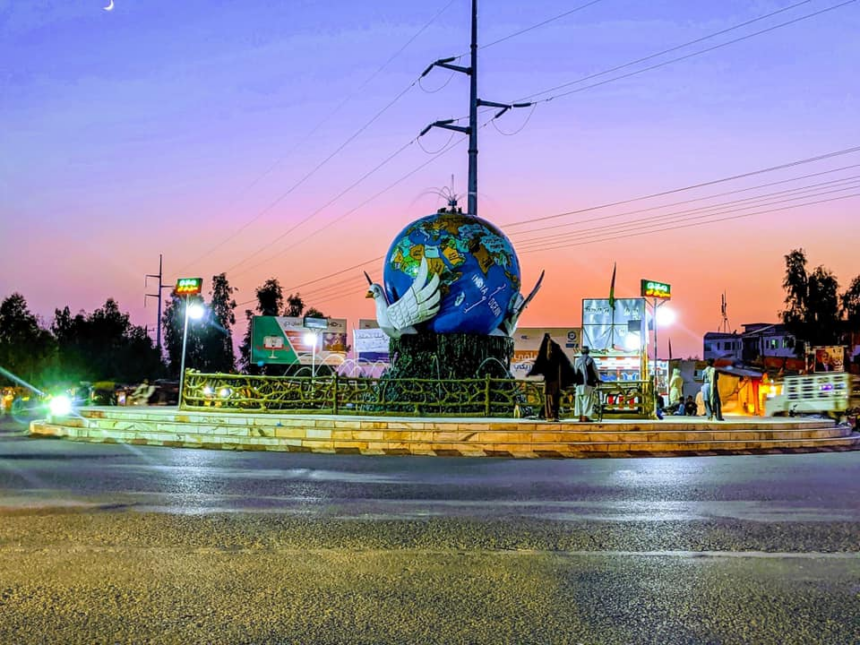RASC News Agency: Helmand province, rich in natural and human resources, now finds itself at the epicenter of a silent crisis an epidemic of youth unemployment that is fueling frustration, despair, and quiet rebellion. Despite possessing significant economic potential, Helmand remains crippled by chronic joblessness, a direct result of the Taliban’s inability or unwillingness to invest in long-term, inclusive economic development. Young residents, particularly educated individuals, are growing increasingly disillusioned with what they describe as a regime detached from the realities of people’s lives. They accuse the Taliban of sidelining human capital and failing to create pathways to employment, while corruption and nepotism have further concentrated economic opportunities in the hands of a privileged few.
Abdulwahid, a university graduate from Lashkargah, shared his frustration with RASC News:
“Years of study and effort have led to nothing. There is no functional institution to assist us or to facilitate access to meaningful employment. Every day, young people roam the city in search of work, only to return home defeated. We’ve been abandoned.” While officials from the Helmand Chamber of Commerce speak of initiatives aimed at attracting investment and supporting small businesses, many youth view these statements as hollow rhetoric. On the ground, the reality is stark: real job creation remains minimal, and the Taliban’s economic governance is marred by inefficiency, favoritism, and a striking absence of strategic planning.
Current figures suggest that around 100 factories operate in Helmand, employing approximately 7,000 workers. Yet even these modest opportunities are not fairly distributed. Critics note that access to employment is often monopolized by Taliban-affiliated networks, leaving educated and independent-minded youth shut out of the economic system. The humanitarian consequences are dire. Since the Taliban’s takeover in 2021, Afghanistan’s economic engine has stalled, and the regime has offered no credible employment strategy to revive it. Youth unemployment, particularly in provinces like Helmand, has become a breeding ground for desperation driving young people toward drug addiction, perilous migration routes, severe psychological trauma, and even suicide.
The Taliban’s silence in the face of this growing catastrophe is both deafening and damning. Their refusal to acknowledge or address the issue reflects not just administrative failure but a moral collapse in leadership. By failing to invest in Afghanistan’s next generation, the Taliban are effectively burying the country’s future. What is unfolding in Helmand is not merely a labor crisis it is a national emergency, a ticking time bomb that threatens to undermine what little stability remains. Without immediate intervention from international actors and humanitarian organizations, Afghanistan’s youth risk becoming a lost generation sacrificed at the altar of ideological rigidity and institutional decay.






